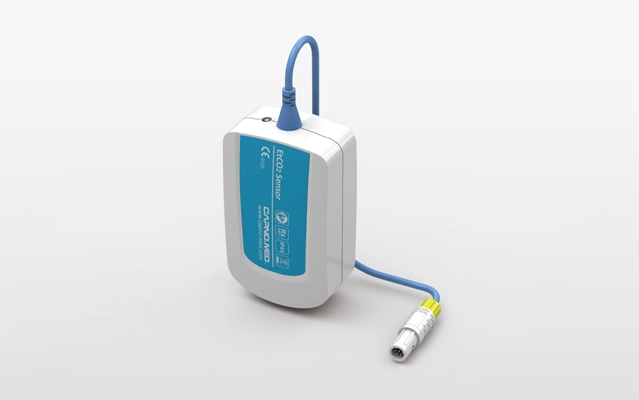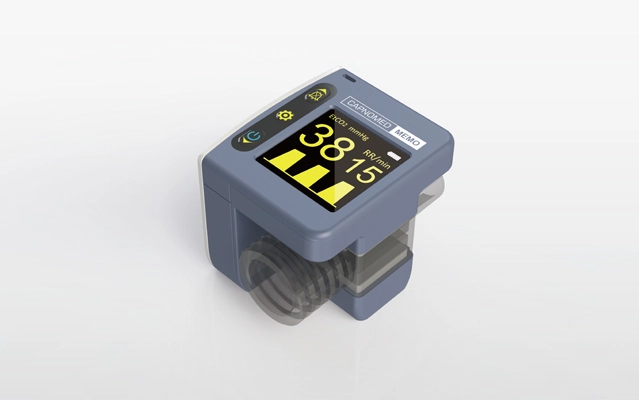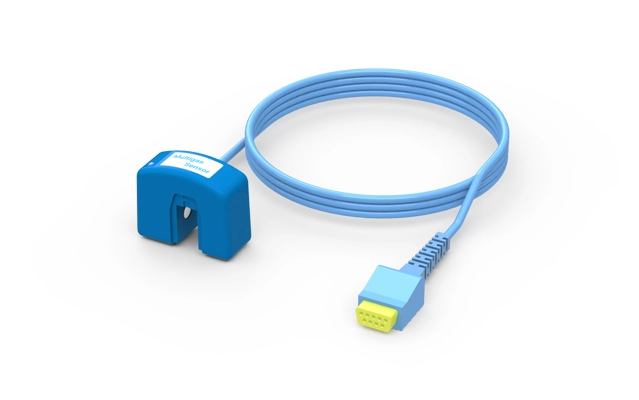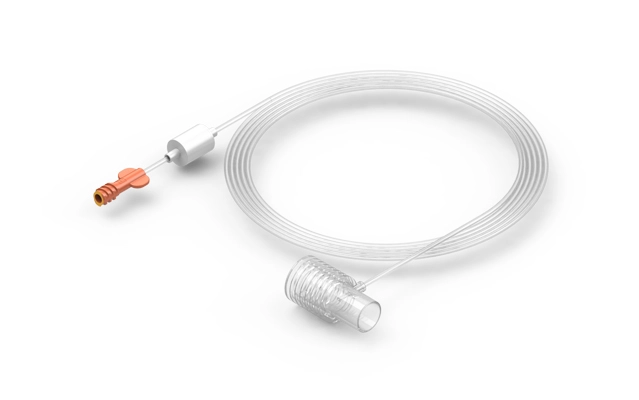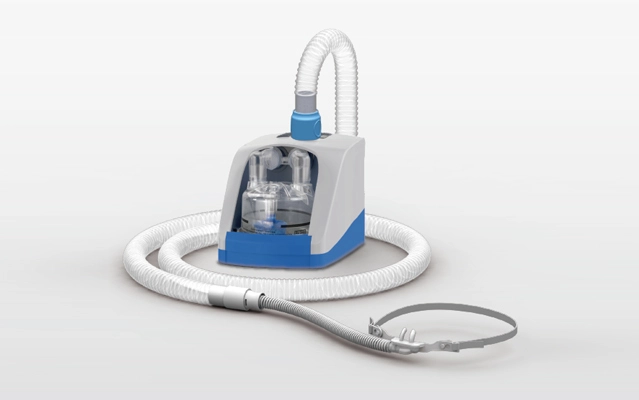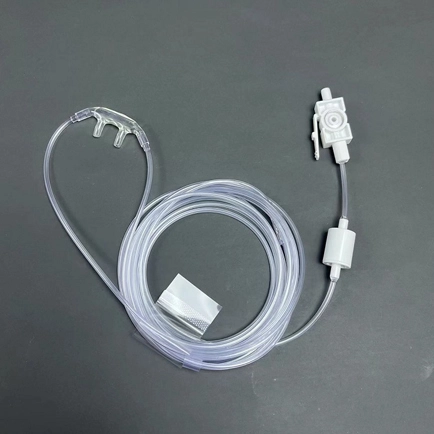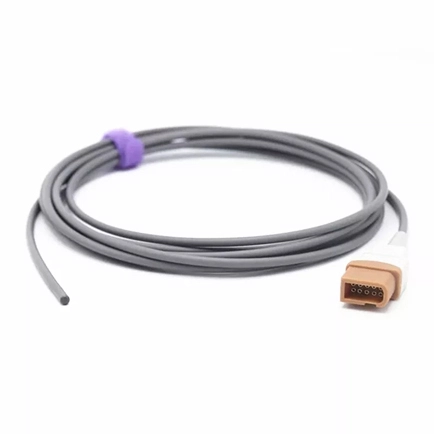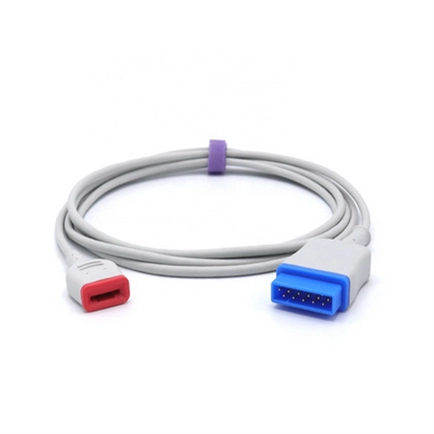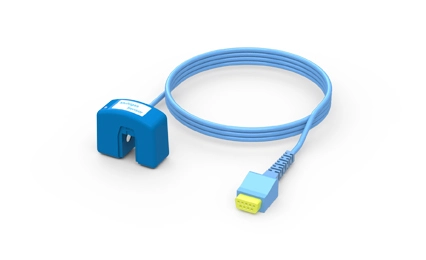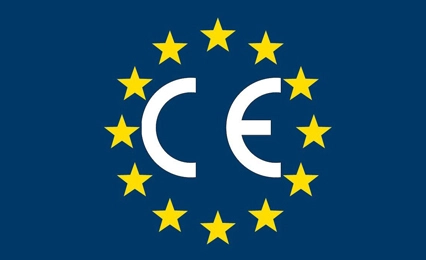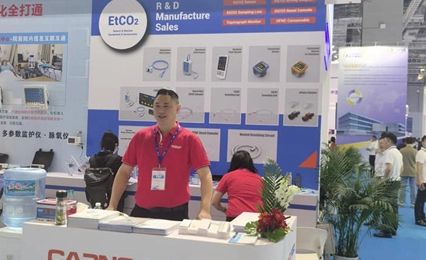In the ever-evolving landscape of modern healthcare, capnometer devices have undergone significant advancements, transforming the way clinicians monitor and assess respiratory function. These devices, designed to measure and analyze the concentration of carbon dioxide (CO2) in exhaled breath, have become indispensable tools across a spectrum of medical applications. Let's delve into the remarkable advancements and diverse applications that mark the current state of capnometry in contemporary healthcare.
Advancements in Capnometry Technology: A Technological Odyssey
Miniaturization and Portability:
One of the notable advancements in capnometry technology is the miniaturization of devices, making them more portable and user-friendly. Modern capnometer devices are designed with compact form factors, allowing for easy integration into various healthcare settings, from emergency response units to outpatient clinics. The portability of these devices enhances their versatility and accessibility, enabling real-time respiratory monitoring in diverse environments.
Connectivity and Data Integration:
In the era of interconnected healthcare systems, capnometry devices have embraced enhanced connectivity. Advanced models seamlessly integrate with electronic health records (EHRs) and broader patient monitoring systems. This connectivity facilitates a holistic approach to patient care, as respiratory data from capnometer devices becomes an integral part of the comprehensive patient profile. Clinicians can access a unified view of vital signs, enabling more informed decision-making and streamlined workflows.
Smart Capnometry:
The integration of smart technologies into capnometry has brought forth a new era of data analytics and insights. Smart capnometer devices are equipped with advanced algorithms that can analyze respiratory patterns, detect anomalies, and provide predictive analytics. This level of intelligence aids healthcare professionals in anticipating and mitigating respiratory issues before they escalate. Smart capnometry technology represents a proactive approach to patient care, aligning with the broader trend of preventive medicine.
Applications Across Healthcare Settings:
Critical Care and Emergency Medicine:
In critical care settings and emergency medicine, capnometer devices continue to be instrumental in monitoring patients with respiratory distress. The real-time feedback provided by these devices assists clinicians in making swift decisions, ensuring timely interventions. The advancements in capnometry technology contribute to the early detection of respiratory failure, enabling a proactive response to critical situations.
Anesthesia and Sedation Management:
The role of capnometer devices in anesthesia and sedation management has evolved with technological progress. Advanced capnometry devices offer more nuanced insights into ventilation parameters during procedures. Anesthesiologists can now leverage real-time data to optimize ventilation, preventing complications and enhancing patient safety. These devices have become indispensable tools in ensuring the delicate balance of respiratory function during medical interventions.
Routine Clinical Practices:
Beyond acute care scenarios, capnometer devices have found applications in routine clinical practices. The non-invasive nature of capnometry makes it suitable for continuous monitoring in general wards and outpatient settings. Clinicians can utilize these devices for ongoing respiratory assessment, providing valuable data for a wide range of medical conditions.
Navigating the Future of Respiratory Monitoring
As capnometry technology continues to advance, its applications in modern healthcare are poised for further expansion. The ongoing journey of miniaturization, connectivity, and smart capabilities promises a future where capnometer devices become even more integral to respiratory monitoring across diverse healthcare settings.
In conclusion, the advancements in capnometry technology represent a significant stride forward in the landscape of modern healthcare. From critical care to routine clinical practices, these devices play a pivotal role in ensuring accurate and timely respiratory assessments. As technology propels us into the future, capnometer devices stand as essential tools, navigating th
 English
English
